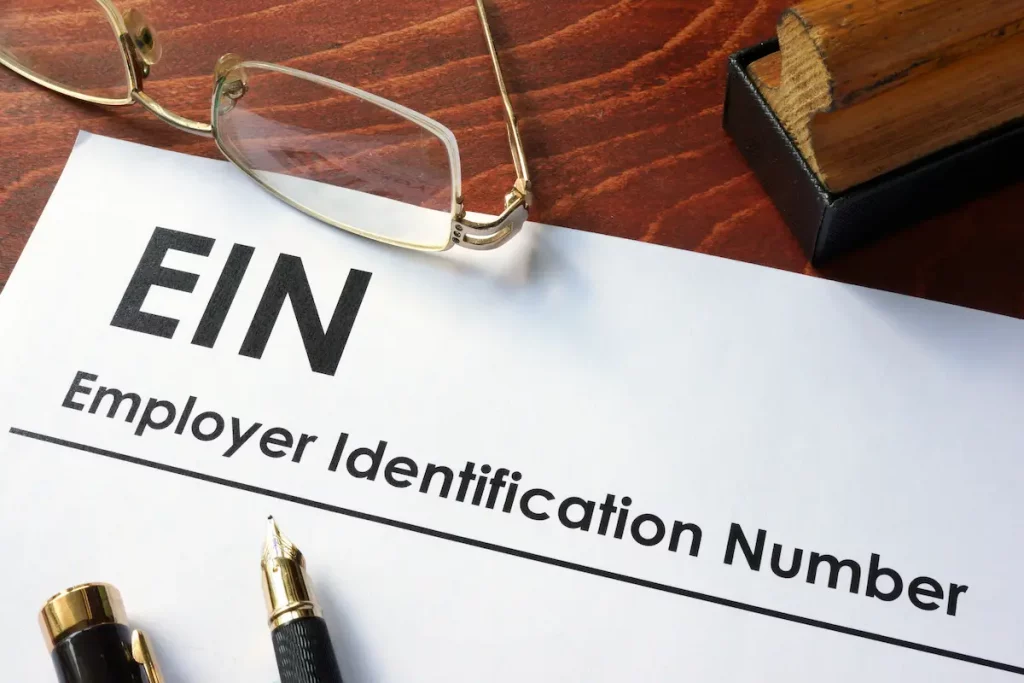Deciding on a business setup is one of the biggest decisions that a newbie entrepreneur has to make.
There are personal, legal, and tax implications for every business structure, and picking the most suitable one given the nature of your business can be a tricky process.
For instance, sole proprietors are taxed differently and may have more personal liability than those in limited liability companies, LLCs, or corporations.
For this reason and many others, LLC is one of the more popular business structures adapted by startup companies.
If you’re on your way to fulfilling your entrepreneurial wishes, read on as we run you through the essential documents you must have to hand in before your LLC registration.
Before revealing the list, it’s important to note that states have varying requirements for LLC registration or any business.
For instance, some may require additional documents for business applicants to be more specific when answering the forms.
If you want to know more about starting an LLC and how it works, check out StartFiling and the local secretary of state’s website where you wish to file your application.
Name Reservation Application
Choosing a business name is essential before forming any business. Make sure that your establishment’s name is unique by running a business name search on the state secretary’s website.
States also have distinct rules in accepting business names.
Apart from performing a business name search, you must check your state’s list of restricted and prohibited words and avoid using them in your trade name.
While not mandatory, you can reserve your business name while learning crucial business skills or while your LLC registration is in process.
With that out of the way, let’s proceed to the documents you need to establish a limited liability company.
1. Articles Of Organization
While states have different requirements, they will always ask business owners to present their articles of organization, also known as certificate of formation or certificate of organization.
Forms are usually available for download on the local state secretary’s website.
As a business owner, you’ll be required to make at least two copies: one for the state to keep and another for the business’s files.
States will require different details in the document but you generally have to include the following information:
- Legal business name
- Business purpose and LLC type
- Formation details, such as date and duration
- Business address or physical location
- Ownership setup
- Management structure
- Name and address of the registered agent, an authorized business representative who accepts official communication, including legal notices
This document contains basic information about the LLC and informs the state about an individual or group’s plan to create an LLC.
2. Internal Revenue Service (IRS) Form SS-4 And Other Tax Forms

Registering as a taxable business is mandatory when forming an LLC.
For this, you need to download or mail your form SS-4, fill it out, and send it back to the Internal Revenue Service or IRS.
Once approved, you’ll get your Employee Identification Number, or EIN. As the name implies, your EIN serves as your identification when transacting with the government’s premier tax agency.
Depending on the nature of your business, you might be asked to register for other specific taxes such as sales, use, employer, and general business entity taxes.
LLCs don’t usually pay income tax, but the members must settle their individual income taxes from their shareholder’s profits.
Check your state’s business website for specific information, as other states require LLCs to file and pay a Certificate of Annual Registration.
3. Operating Agreement
Some states may also require LLCs to submit their operating agreement, containing the details about the structure and primary rules that govern the organization.
The operating agreement must also outline the responsibilities and rights of shareholders and indicate the distribution of losses and profits.
While an optional document in some states, it’s crucial in LLC formation as it discusses pertinent business details such as how the business may be run and what happens when things don’t go as planned.
The document serves to address conflicts and misunderstandings within the company.
An operating agreement is also a legally binding document; thus, hiring a consultant or a legal counsel may be helpful.
4. Business Licenses and Permits
States may also require new enterprise owners to submit other permits and licenses, based on their business structure and the organization’s nature.
These may include residential occupancy permits, authorization to install additional features in premises, regulated activities licenses, and occupational licenses for professionals.
Conclusion
Business owners must be diligent when researching the state’s business formation requirements and fulfilling them.
Any missing detail or erratic information may cause application approval delays or rejection.
If it’s your first time forming an LLC, it pays to hire a consultant to guide you through the process.













